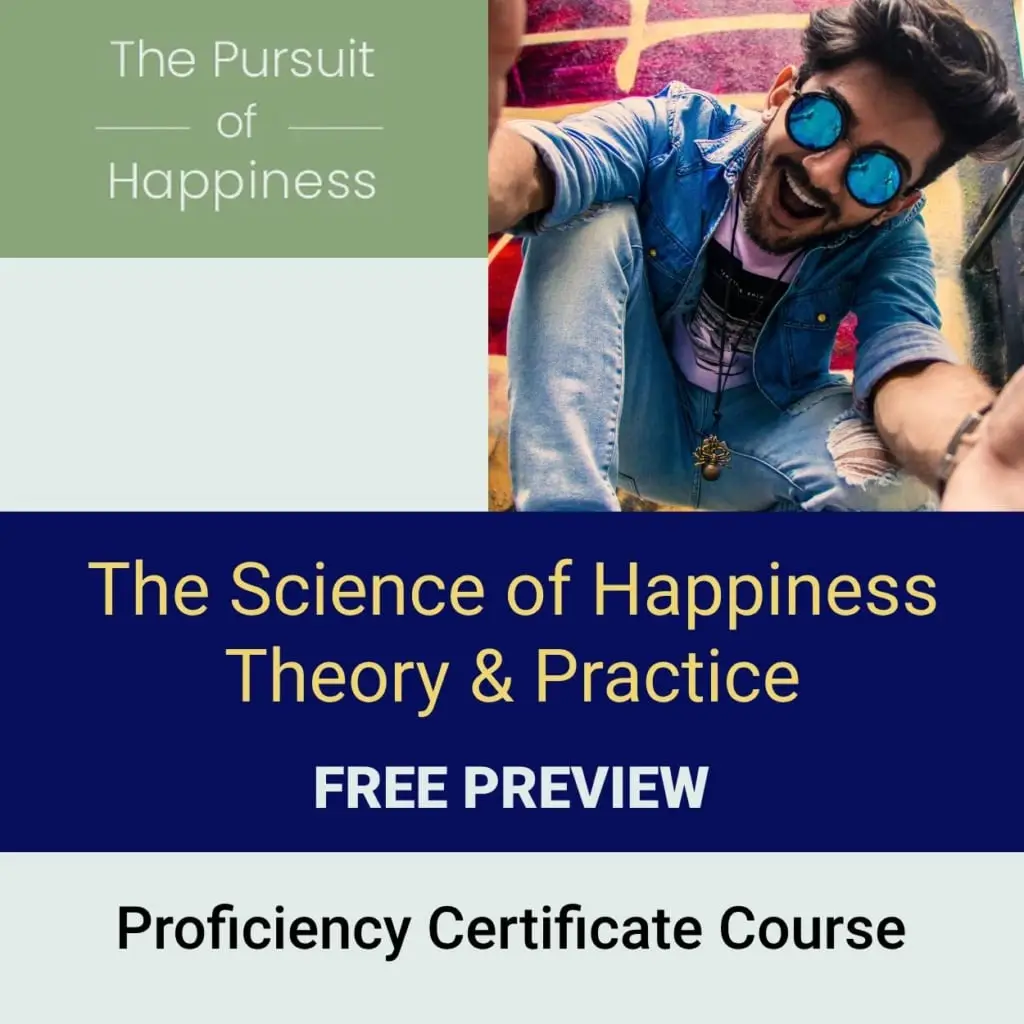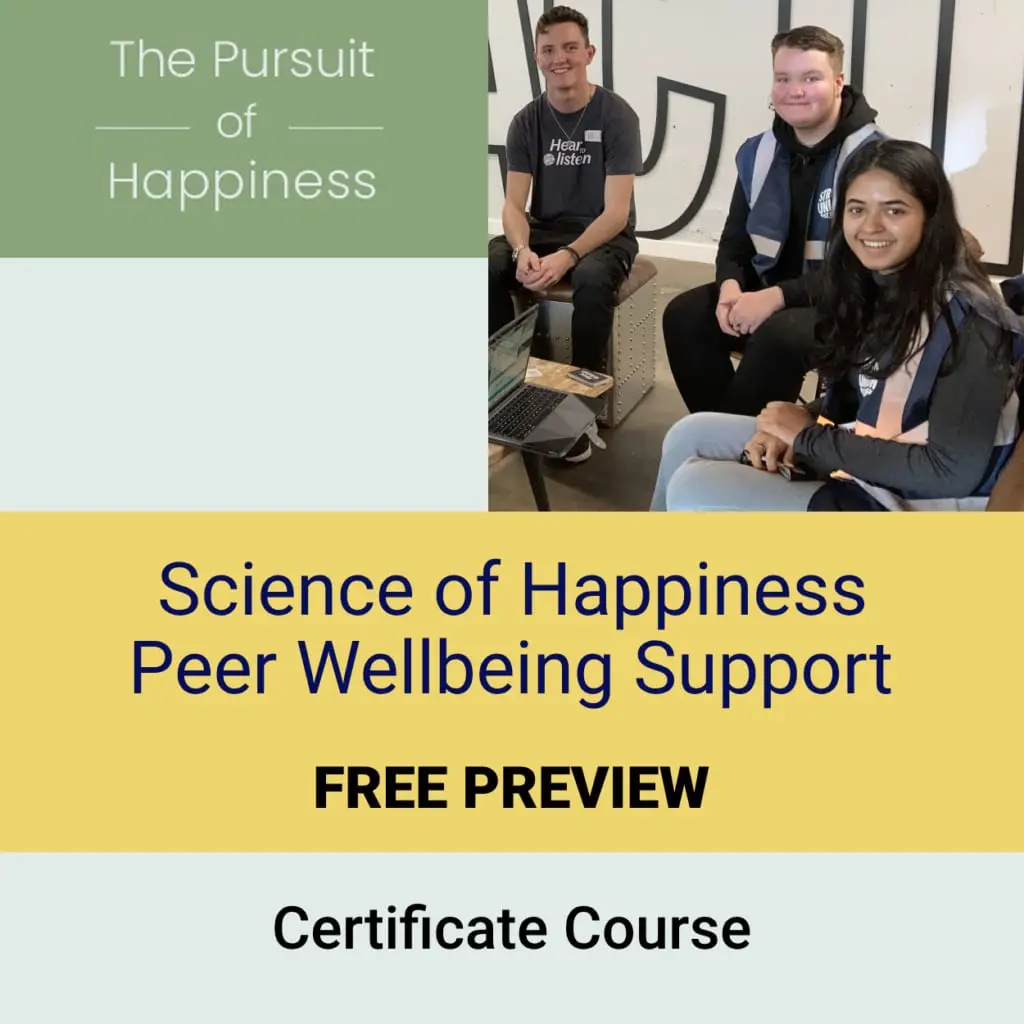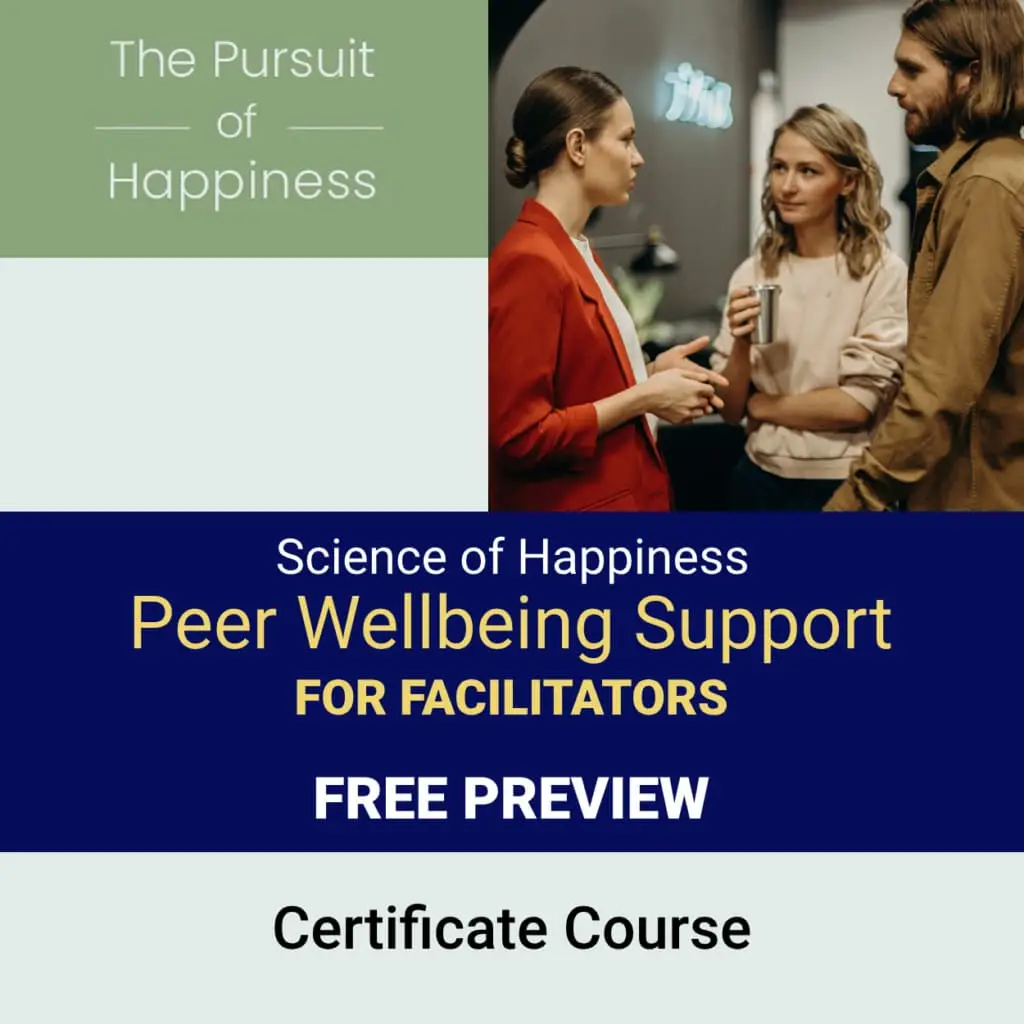Interested in learning more about mindfulness and positive thinking? Click on each citation to read the abstract of each study.
UNDERSTANDING MINDFULNESS AS A CONSTRUCT
Mindfulness and Positive Thinking in Relationships
Burpee, L. C., & Langer, E. J. (2005). Mindfulness and marital satisfaction. Journal of Adult Development, 12(1), 43–51. doi:10.1007/s10804-005-1281-6
Mindfulness and Positive Thinking in Workplaces
Irving, J. A., Dobkin, P. L., & Park, J. (2009). Cultivating mindfulness in health care professionals: A review of empirical studies of mindfulness-based stress reduction (MBSR). Complementary Therapies in Clinical Practice, 15(2), 61–66. doi:10.1016/j.ctcp.2009.01.002
Mindfulness and Positive Thinking in Schools
Caprara, G. V., Steca, P., Gerbino, M., Paciello, M., & Vecchio, G. M. (2006). Looking for adolescents’ well-being: Self-efficacy beliefs as determinants of positive thinking and happiness. Epidemiologia e Psichiatria Sociale, 15(01), 30–43.
Denny, K. G., & Steiner, H. (2008). External and internal factors influencing happiness in elite collegiate athletes. Child Psychiatry and Human Development, 40(1), 55–72. doi:10.1007/s10578-008-0111-z
Health Implications of Mindfulness and Positive Thinking
Burton, C. M., & King, L. A. (2004). The health benefits of writing about intensely positive experiences. Journal of Research in Personality, 38(2), 150-163.
Grossman, P., Niemann, L., Schmidt, S., and Walach, H. (2004). Mindfulness-based stress reduction and health benefits. Journal of Psychosomatic Research, 57(1), 35–43. doi:10.1016/S0022-3999(03)00573-7
Howell, A. J., Digdon, N. L., Buro, K., & Sheptycki, A. R. (2008). Relations among mindfulness, well-being, and sleep. Personality and Individual Differences, 45(8), 773–777. doi:10.1016/j.paid.2008.08.005
Sin, N. L., & Lyubomirsky, S. (2009). Enhancing well-being and alleviating depressive symptoms with positive psychology interventions: a practice-friendly meta-analysis. Journal of Clinical Psychology, 65(5), 467–487. doi:10.1002/jclp.20593
General Studies on Mindfulness and Positive Thinking
Brown, K. W., and Ryan, R. M. (2003). The benefits of being present: Mindfulness and its role in psychological well-being. Journal of Personality and Social Psychology, 84(4), 822–848. doi:10.1037/0022-3514.84.4.822
Chittaro L., and Vianello, A. (2014). Computer-supported mindfulness: Evaluation of a mobile thought distancing application on naive meditators. International Journal of Human-Computer Studies, 72(3), 337–348.
Fredrickson, B. L., & Joiner, T. (2002). Positive emotions trigger upward spirals toward emotional well-being. Psychological Science, 13(2), 172–175.
Hills, P., & Argyle, M. (1998). Positive moods derived from leisure and their relationship to happiness and personality. Personality and Individual Differences, 25(3), 523–535.
Hollis-Walker, L., & Colosimo, K. (2011). Mindfulness, self-compassion, and happiness in non-meditators: A theoretical and empirical examination. Personality and Individual Differences, 50(2), 222–227. doi:10.1016/j.paid.2010.09.033
Schutte, N. S., & Malouff, J. M. (2011). Emotional intelligence mediates the relationship between mindfulness and subjective well-being. Personality and Individual Differences, 50(7), 1116–1119. doi:10.1016/j.paid.2011.01.037
Wood, A. M., Froh, J. J., & Geraghty, A. W. A. (2010). Gratitude and well-being: A review and theoretical integration. Clinical Psychology Review, 30(7), 890-905. doi:10.1016/j.cpr.2010.03.005
CLINICAL APPLICATIONS OF MINDFULNESS
Relationships
Barnes, S., Brown, K. W., Krusemark, E., Campbell, W. K., & Rogge, R. D. (2007). The role of mindfulness in romantic relationship satisfaction and responses to relationship stress. Journal of Marital and Family Therapy, 33(4), 482–500.
Work
Shapiro, S. L., Astin, J. A., Bishop, S. R., & Cordova, M. (2005). Mindfulness-Based Stress Reduction for Health Care Professionals: Results From a Randomized Trial. International Journal of Stress Management, 12(2), 164–176. doi:10.1037/1072-5245.12.2.164
School
Huppert, F. A., & Johnson, D. M. (2010). A controlled trial of mindfulness training in schools: The importance of practice for an impact on well-being. The Journal of Positive Psychology, 5(4), 264–274. dpi:10.1080/17439761003794148
Health
Carmody, J., & Baer, R. A. (2007). Relationships between mindfulness practice and levels of mindfulness, medical and psychological symptoms and well-being in a mindfulness-based stress reduction program. Journal of Behavioral Medicine, 31(1), 23–33. doi:10.1007/s10865-007-9130-7
Deyo, M., Wilson, K. A., Ong, J., & Koopman, C. (2009). Mindfulness and rumination: Does mindfulness training lead to reductions in the ruminative thinking associated with depression? EXPLORE: The Journal of Science and Healing, 5(5), 265–271. doi:10.1016/j.explore.2009.06.005
Grossman, P., Tiefenthaler-Gilmer, U., Raysz, A., & Kesper, U. (2007). Mindfulness training as an intervention for fibromyalgia: Evidence of postintervention and 3-Year Follow-Up Benefits in Well-Being. Psychotherapy and Psychosomatics, 76(4), 226–233. doi:10.1159/000101501
Majumdar, M., Grossman, P., Dietz-Waschkowski, B., Kersig, S., & Walach, H. (2002). Does mindfulness meditation contribute to health? Outcome evaluation of a German sample. The Journal of Alternative & Complementary Medicine, 8(6), 719–735. doi:10.1089/10755530260511720
Singh, N. N., Lancioni, G. E., Winton, A. S. ., Wahler, R. G., Singh, J., & Sage, M. (2004). Mindful caregiving increases happiness among individuals with profound multiple disabilities. Research in Developmental Disabilities, 25(2), 207–218. doi:10.1016/j.ridd.2003.05.001
Singh, N. N., Singh, A. N., Lancioni, G. E., Singh, J., Winton, A. S. W., & Adkins, A. D. (2009). Mindfulness training for parents and their children with ADHD increases the children’s compliance. Journal of Child and Family Studies, 19(2), 157–166. doi:10.1007/s10826-009-9272-z
Weinstein, N., Brown, K. W., & Ryan, R. M. (2009). A multi-method examination of the effects of mindfulness on stress attribution, coping, and emotional well-being. Journal of Research in Personality, 43(3), 374–385. doi:10.1016/j.jrp.2008.12.008
Witek-Janusek, L., Albuquerque, K., Chroniak, K. R., Chroniak, C., Durazo-Arvizu, R., & Mathews, H. L. (2008). Effect of mindfulness based stress reduction on immune function, quality of life and coping in women newly diagnosed with early stage breast cancer. Brain, Behavior, and Immunity, 22(6), 969–981. doi:10.1016/j.bbi.2008.01.012
General Applications
Malinowski, P. (2008). Mindfulness as psychological dimension: concepts and applications. The Irish Journal of Psychology, 29(1-2), 155–166. doi:10.1080/03033910.2008.10446281
Sin, N. L., & Lyubomirsky, S. (2009). Enhancing well-being and alleviating depressive symptoms with positive psychology interventions: A practice-friendly meta-analysis. Journal of Clinical Psychology, 65(5), 467–487. doi:10.1002/jclp.20593





